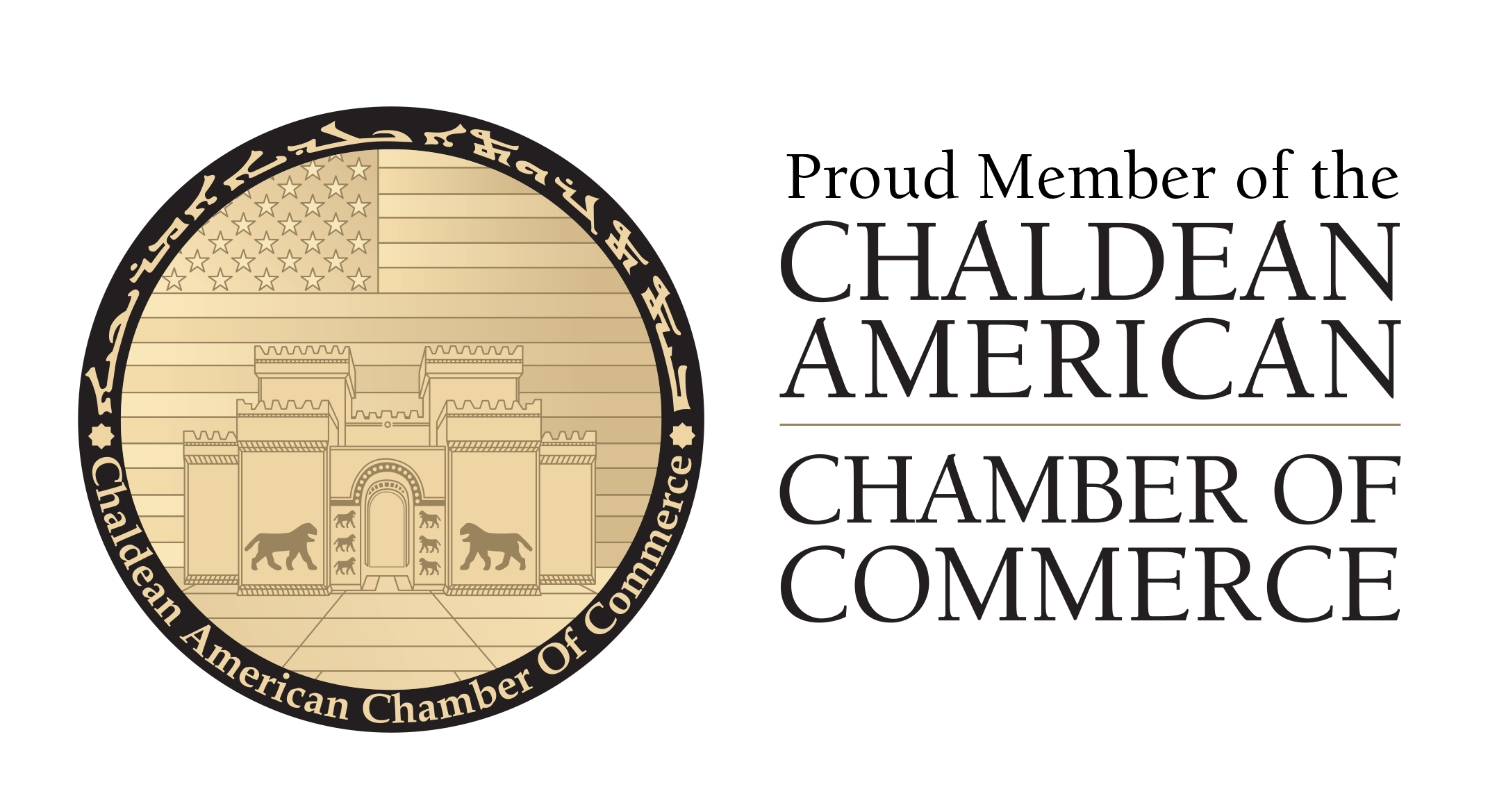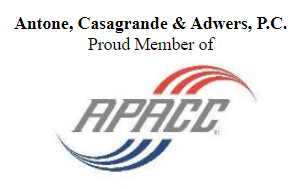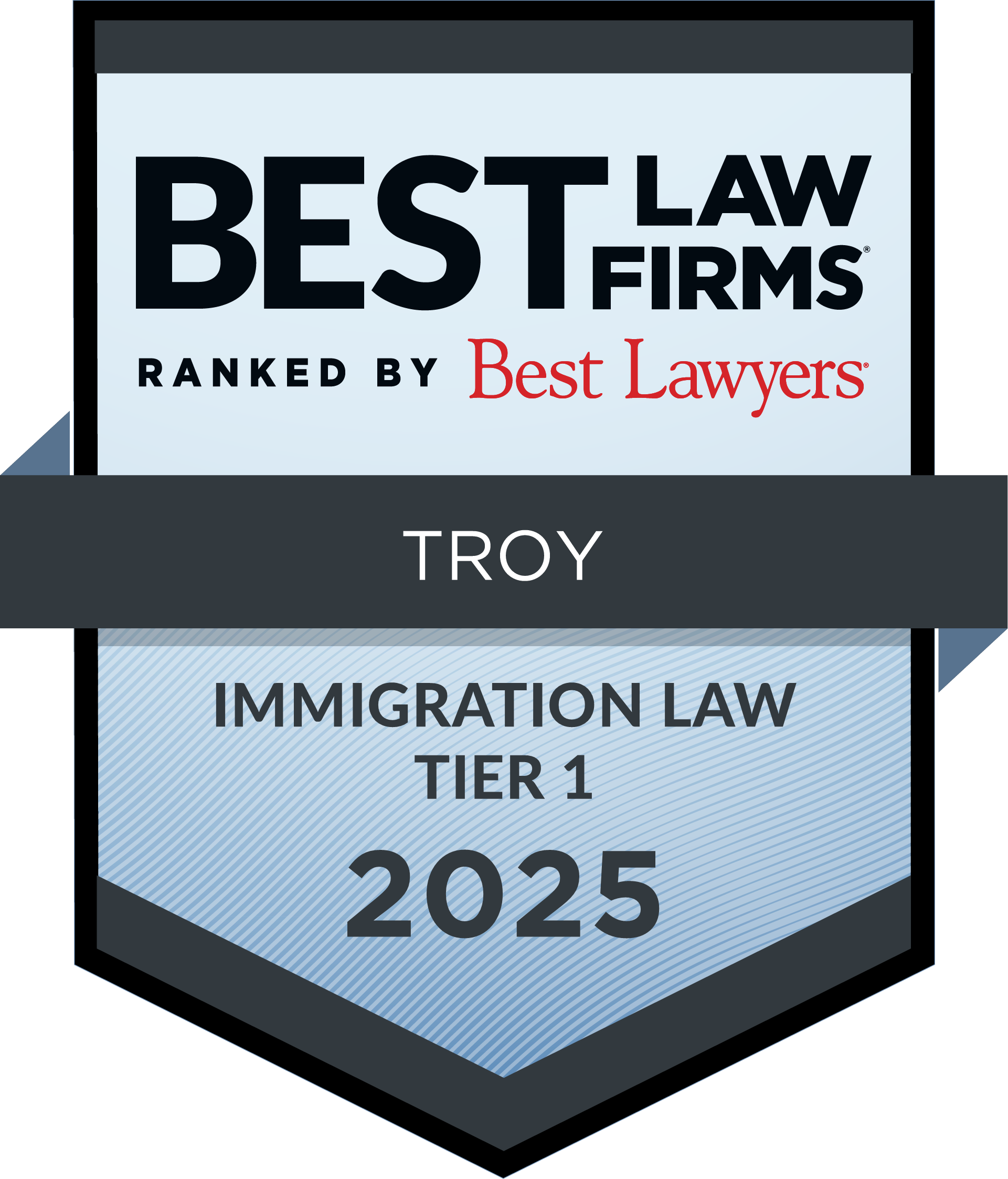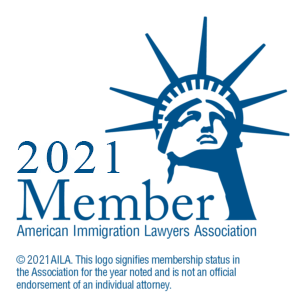This blog post was written by our attorney and partner Peter Antone.
Many who oppose the H-1B visa category for highly skilled professionals argue that we should instead focus on our own students, improve math and science programs across the country, and avoid having foreigners compete with the U.S. work force. However, even as we work to better our math and science programs, and though the U.S. work force should be our primary focus, the H-1B program is still worth keeping and expanding.
Under the H-1B visa system, U.S. employers usually hire young foreign professionals who are in the upper percentile of their home country ability-wise—it is simply not cost effective to bring a mediocre professional here with costs running in the thousands in legal and government filing fees, and relocation expenses. The program is cost effective only when employers hire the brightest foreign graduates. While there may be some abuse of the H-1B visa system, and some visa holders might be here for cheap labor rather than their talent, the remedy is to punish the abusers, not to destroy an important program.
Therefore, even if America’s study standards improve and we expend more effort training our professionals (which we should), the question remains whether we, as a nation, should continue to welcome the best and brightest in the world to work and live among us. The answer is yes. Those highly-skilled professionals–even if a few of them may compete with Americans for jobs—are at the same time adding to the consumer base as they live and spend money here. Many of them will end up being inventors, enhancers, and creators of businesses who would, in turn, employ numerous Americans. eBay, Yahoo, Cisco, Google, and numerous other high-tech companies are all examples of extremely successful businesses started by immigrants or their descendants that ultimately created far more jobs for Americans than the ones supposedly taken by them.
In addition, if we don’t allow this type of talent to enter the U.S., these individuals will go elsewhere, and we will lose the tax base they would otherwise provide. Many U.S. companies have formed overseas offices to avoid the hassle of the H-1B system. Such outsourcing has a negative effect on the United States in comparison to bringing the workers here and making them part of our consumer and tax payment base.
Considering the large swath of immigrants, both documented and undocumented, that enter the United States every year, we need to reassess the many obstacles placed on the much scarcer (and incredibly talented) H-1Bs. These young professionals, and their children in the future, will enrich our nation, provide opportunities for future generations, and benefit our work force and its competitiveness in the global economy. Reach out today to learn more about the many advantages of the H-1B visa program.










